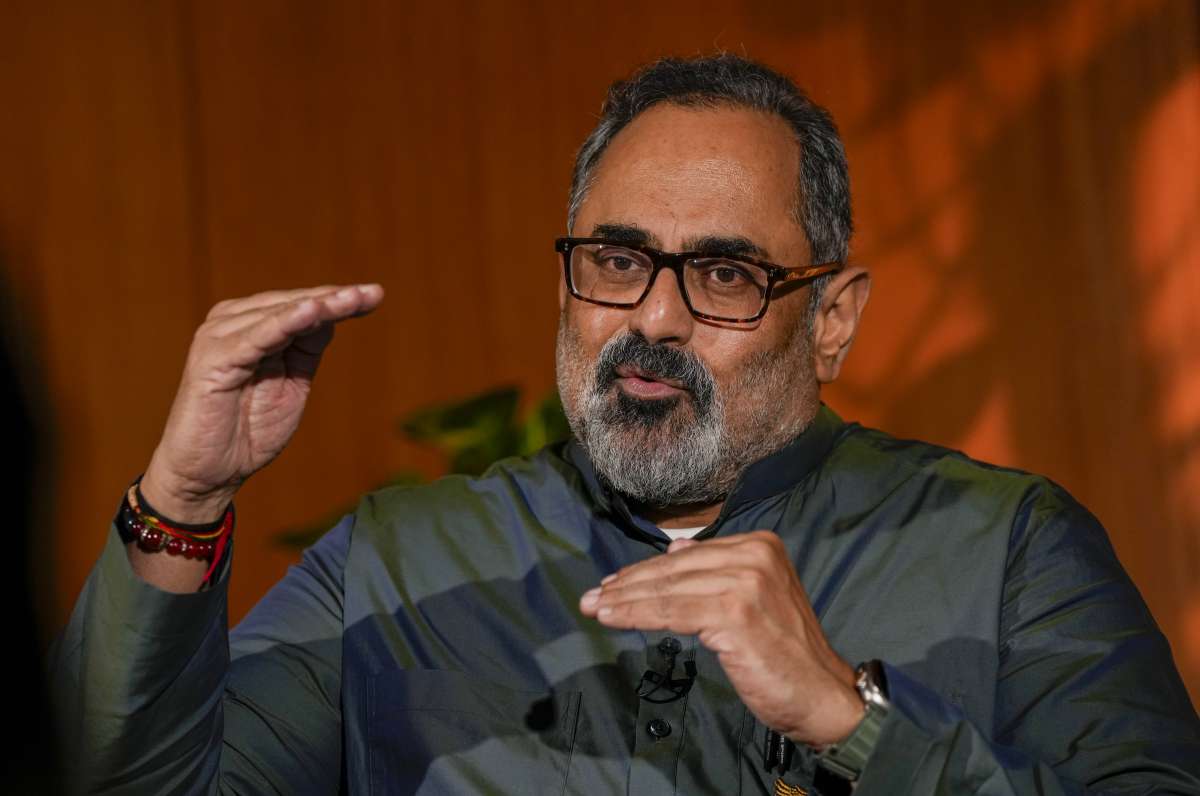 Image Source : PTI (FILE) Rajeev Chandrasekhar
Image Source : PTI (FILE) Rajeev Chandrasekhar
India is ready to witness the institution of two main semiconductor fabrication crops, every involving multi-billion greenback investments, alongside a number of chip meeting and packaging items, in keeping with Minister of Electronics and IT Rajeev Chandrasekhar.
Chandrasekhar mentioned that one of many tasks entails an $8 billion proposal from Israel-based Tower Semiconductors, with the opposite coming from Tata Group.
Chandrasekhar emphasised the importance of those forthcoming fabs, which is able to utilise 65, 40, and 28-nanometer applied sciences, alongside varied packaging proposals below analysis. He indicated that these tasks are anticipated to obtain approval throughout the third time period of Prime Minister Narendra Modi, ought to they not be cleared earlier than the upcoming common elections.
The authorities has obtained 4 proposals for semiconductor manufacturing crops and 13 for chip meeting, testing, monitoring, and packaging items. This announcement comes along with the continued institution of a chip meeting plant by US-based Micron in Gujarat, amounting to Rs 22,516 crore.
Reflecting on India’s semiconductor journey, Chandrasekhar highlighted the strides made since 2014, significantly after the launch of the semiconductor programme in January 2020. He underscored the necessity to compensate for 75 years of missed alternatives and famous important progress in semiconductor design, startups, analysis, expertise improvement, packaging, and fabrication.
Government knowledge signifies a considerable improve in home electronics manufacturing over the previous decade, with the sector anticipated to develop additional to Rs 23,95,195 crore by 2026. Chandrasekhar additionally advocated for lowering import duties on digital parts to facilitate export-led manufacturing, drawing inspiration from Andrew Grove’s philosophy of “Only the Paranoid Survive.”
India’s position within the world electronics provide chain has been evolving, with a shift away from China in the direction of various hubs. Chandrasekhar highlighted India’s contribution to this shift and emphasised the nation’s ambition to grow to be a worldwide chief in electronics manufacturing, citing achievements in cellular handset manufacturing and export.
With 99.20 per cent of cellular handsets now manufactured domestically, India goals to additional its success in electronics manufacturing, focusing on $300 billion by 2026-27. Chandrasekhar expressed confidence in India’s potential to grow to be a trusted companion within the world worth chains for electronics, together with smartphones, IT {hardware}, laptops, servers, and different {hardware} parts.
(With PTI Inputs)
Source: www.indiatvnews.com



